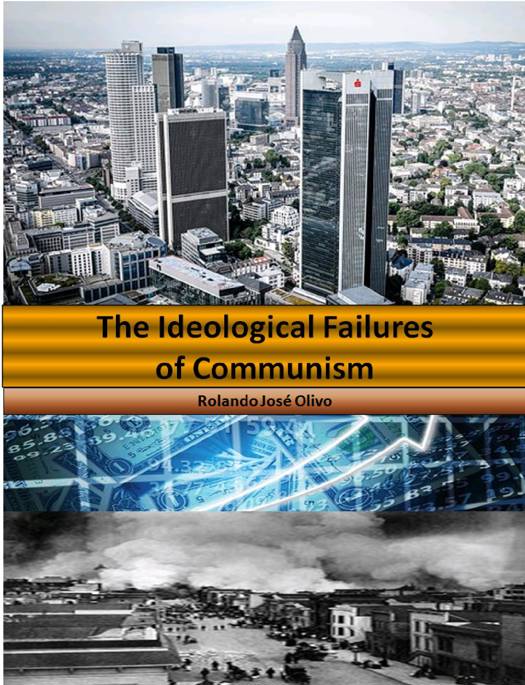
- Retrait gratuit dans votre magasin Club
- 7.000.000 titres dans notre catalogue
- Payer en toute sécurité
- Toujours un magasin près de chez vous
- Retrait gratuit dans votre magasin Club
- 7.000.0000 titres dans notre catalogue
- Payer en toute sécurité
- Toujours un magasin près de chez vous
Description
The communists consider that capitalism is unjust, perverse, inequitable and inhumane. They also believe that this economic model is the generator of immense differences between the rich and the poor, being guilty of all the problems of the modern world. In that sense, they support these communist ideals: a) end capitalism, differences in social classes and economic inequities, b) create a just and humanitarian society, c) guarantee to all citizens access to education, health, food, clothing and housing; as well as equal opportunities, and d) ensure the welfare and maximum happiness possible for humanity.
All these aspirations are in harmony with their great dream of science fiction: the existence of an advanced technological society, which would work perfectly without inequities nor money.
However, the communism has at least twelve serious ideological failures: a) the underestimation of human egoism, b) the neglect of fundamental needs, c) the despise of human curiosity, d) the denial of the meaning of human life, e) the contempt of religions, f) the restriction of creativity, g) the existence of a social class struggle, h) the persistence of great social injustices, i) the predominance of collective rights over individual ones, j) the denial of the value of work, k) the absolute control of prices, and l) the special status of the rulers.
In addition to the communist ideological failures, the atypical and irregular functioning of this system and its economic and financial infeasibility, there prevails a conflict of interests between communist ideals and the hidden objectives of its rulers. All these factors determine the failure of communism, being the creation of a just, equitable and humanitarian society a great fallacy...
Spécifications
Parties prenantes
- Auteur(s) :
- Editeur:
Contenu
- Langue:
- Anglais
Caractéristiques
- EAN:
- 9780463363645
- Date de parution :
- 29-10-19
- Format:
- Ebook
- Protection digitale:
- /
- Format numérique:
- ePub







